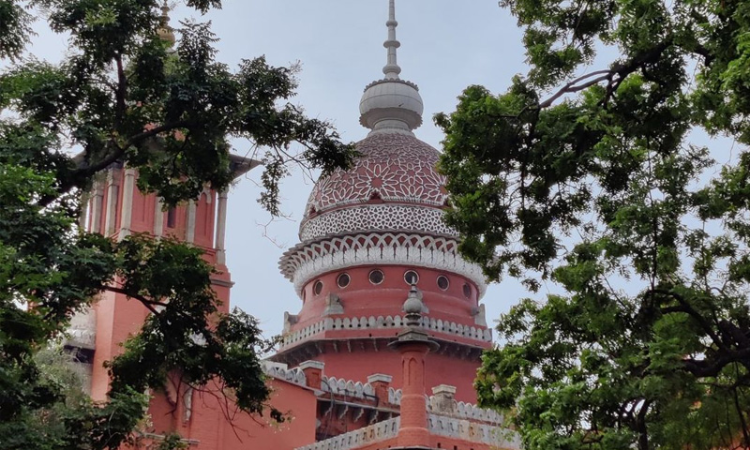State Govt. 'Appropriate Government' For Grant Of Remission Of Sentence For Convicts Under SC/ ST Act: Madras High Court
Sebin James
24 Feb 2022 3:35 PM IST

Next Story
24 Feb 2022 3:35 PM IST
Madras High Court has held that the appropriate government for grant of remission of sentence to a person convicted under the Scheduled Castes and Scheduled Tribes (Prevention of Atrocities) Act, 1989 is the state government and not the Union government.A Division Bench of Justices P.N Prakash and R. Hemalatha concluded that the executive power of the Union, as well as the state,...
